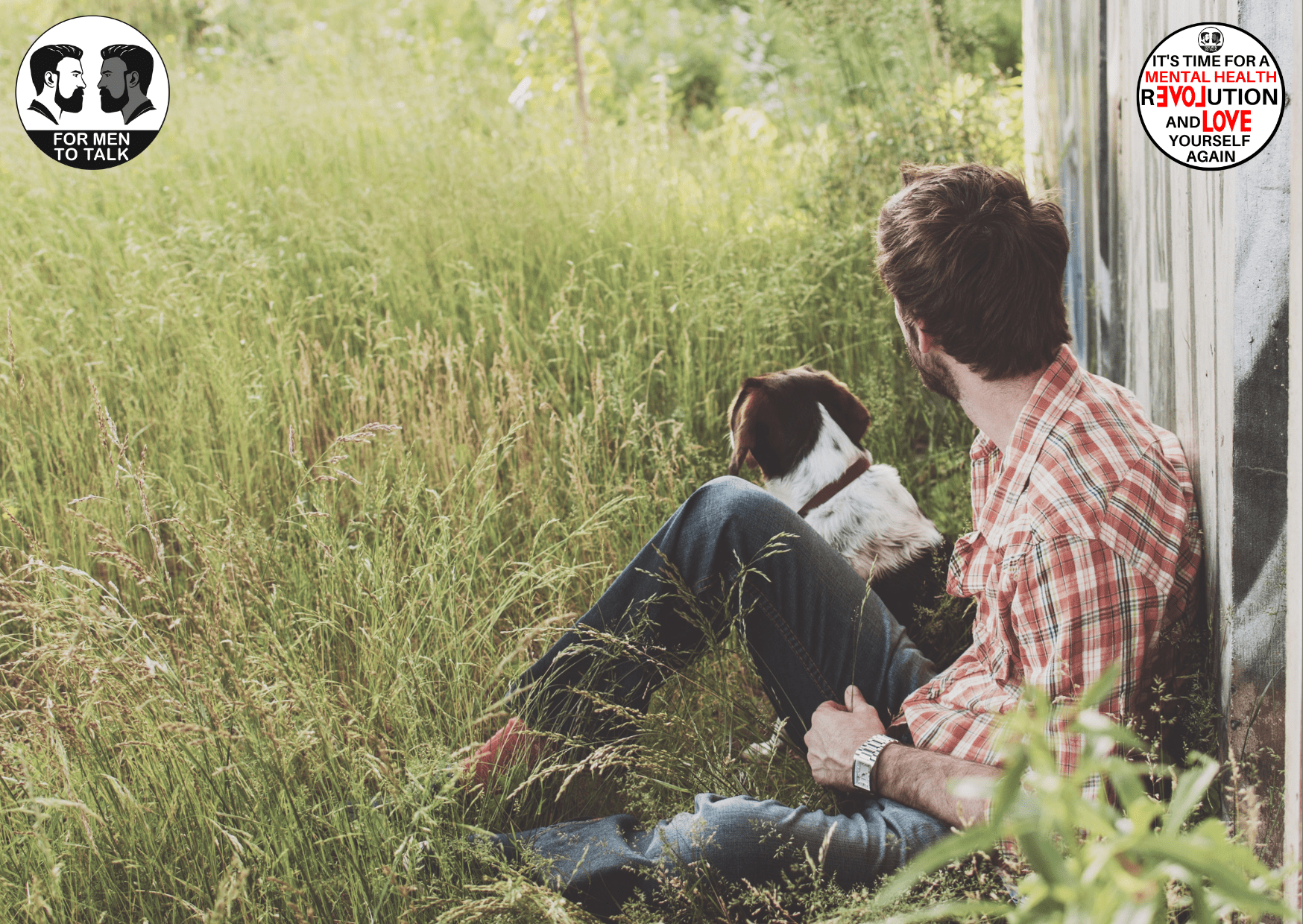The healing power of pet loss grief: A men’s mental health perspective

Losing a beloved pet is a heart-wrenching experience that transcends species boundaries, leaving an indelible mark on the hearts of pet owners. While grief is a universal emotion, men, in particular, often find solace and healing through the process of mourning their furry companions. Contrary to traditional stereotypes that may discourage men from openly expressing their emotions, grieving for a pet can have profound positive effects on men’s mental health.
The deep bond between men and their pets often defies societal expectations. Many men form a unique, unconditional connection with their furry friends, forging a relationship built on loyalty, companionship, and non-judgmental love. When a pet passes away, the emotional toll can be immense, and it’s crucial for men to acknowledge and embrace their grief.
One of the significant benefits of grieving for a pet is the opportunity for men to express their emotions openly. Society has historically imposed rigid expectations on men to suppress their feelings, but the loss of a pet provides a safe space for vulnerability. Grieving for a pet allows men to confront and process complex emotions such as sadness, guilt, and even anger, fostering emotional intelligence and resilience.
Furthermore, the grieving process enables men to reflect on the depth of their connection with their pets. It encourages self-discovery and introspection, helping men appreciate the unique qualities that made their bond with their furry friends so special. By acknowledging the impact of the loss, men can develop a deeper understanding of their own emotional needs and the significance of meaningful connections in their lives.
The companionship of a pet often serves as a source of comfort and stability, especially during challenging times. When a pet is no longer physically present, men may experience a profound void in their lives. However, this absence also offers an opportunity for personal growth. Men can channel their grief into positive action, such as volunteering at animal shelters or participating in support groups, thereby transforming loss into a catalyst for contributing to the well-being of other animals or connecting with like-minded individuals.
Moreover, the grieving process for a pet allows men to develop coping mechanisms that can be applied to other aspects of their lives. Learning to navigate through grief fosters resilience, adaptability, and an understanding that healing is a gradual process. These lessons can be instrumental in facing other challenges, promoting mental strength and well-being.
In conclusion, grieving for a pet can have profound positive effects on men’s mental health. The loss of a beloved animal companion provides a unique opportunity for emotional expression, self-discovery, and personal growth. By openly acknowledging and processing their grief, men can emerge from the experience with a deeper understanding of themselves and a strengthened capacity to navigate life’s challenges. In honouring the memory of their pets, men can find solace, resilience, and a renewed appreciation for the transformative power of love and connection.